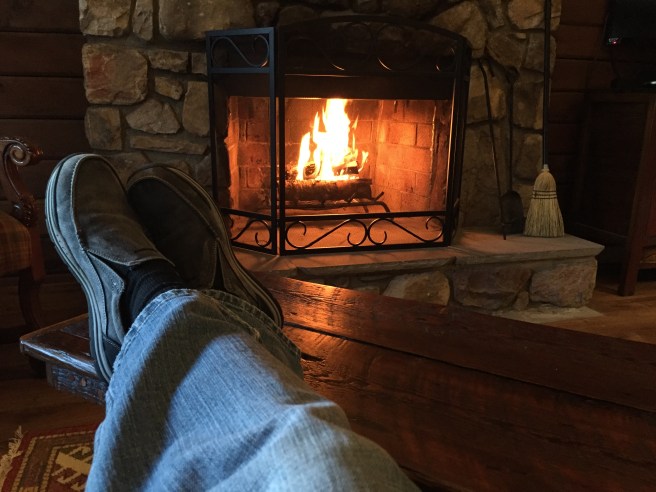The last Saturday in April is designated as Independent Bookstore Day, and according to the U.S. Census Bureau, bookstore sales increased 2.5 percent from 2014 to 2015. The American Booksellers Association, which represents independent sellers, reported 1,712 member stores in 2015, up from 1,401 in 2009. These figures should put to rest the notion that books made of paper are soon to be replaced by electronic forms. I realize there are plenty of readers who still hold great affection for traditional books — the paper kind. There are scholars who have argued that reading physical books is a completely different experience than reading eBooks. Most bookstore owners would probably agree. Both formats seem to be doing fine, which should be good news to all readers.
Once a medium of information is introduced, it tends to survive no matter what other “new and improved” medium follows. Some platforms may become obsolete (stone tablets, 8-track tapes, Beta videotape, etc.), but in general, new forms of information delivery don’t dispatch previous ones. The written word has never stopped people from telling stories or stage acting. Motion pictures certainly didn’t do away with reading. Radio didn’t destroy movies, television didn’t stop radio broadcasts, and the availability of videos hasn’t destroyed the television industry. One could argue that computers have only facilitated many of these delivery methods rather than replacing them. More importantly, none of these has killed the book, regardless of how we decide to read.
There is no question that the last few decades have been tough for small, independent bookstores. Many of the ones that survived the advent of the mega-bookstores were finally wiped out by the online providers. Electronic books no doubt delivered another crushing blow to bookstores, but the truly creative entrepreneurs figured out a way to stay relevant and competitive as a niche market. One approach is to create a salon-type atmosphere that welcomes the reading shopper and provides a sanctuary, a respite from the fast-paced grid that characterizes so much of our society. Nicole Sullivan, owner of Denver’s BookBar, was quoted in a recent article in The Denver Post. “As it gets harder for brick-and-mortar businesses, hybrid businesses become more important,” Sullivan said. “It’s either get it fast and cheap online, or come into a store and have an experience. That’s what indies have to offer, a more personalized experience and that sense of community we’ve lost a lot of over the years.”
I have fully accepted the convenience of eBooks and have been an Amazon Kindle customer since the first year they came on the market. I’m sure some of my library colleagues were horrified by the introduction of virtual books, but now eBooks are a big part of library holdings. For fiction and other books that rely very little on illustrations or graphics, I actually prefer eBooks. However, I treasure the large, hardbound gardening, history, and travel books that fill our shelves at home. Not even iPads or desktops are acceptable for those titles for me. I also prefer to browse through slick-paper magazines by physically turning pages, not touching a screen. Because we live in a rural area, the chances of an independent bookstore surviving for very long are slim, so we order many of our books online. We also go to the web to shop for household goods, clothes, and equipment. But, when we travel to places like San Francisco, Chicago, and New York, I almost always make a point to visit an independent bookstore. To me they all seem to have their own “personality” that makes them unique. If a book is the door that leads to imagination, then a bookstore is a hallway with almost endless possibilities.




